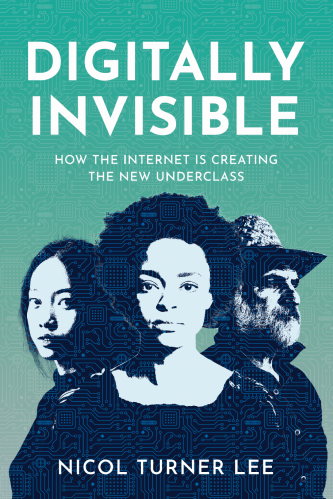On the anniversary of George Floyd’s murder by police officer Derek Chauvin, questions remain about the emerging role of technology in the criminal justice process. Bystanders like Darnella Frazier, the teenager who recorded the death of Mr. Floyd on her smartphone, are now empowered to film police officers engaged in egregious and potentially unlawful acts. And footage from police body cameras can provide the public an opportunity to view violent incidents with their own eyes.
In this episode, host Nicol Turner Lee speaks with Brookings scholars Rashawn Ray and Makada Henry-Nickie, and Keesha Middlemass, Associate Professor in Political Science at Howard University, about the benefits, risks, and limitations of technology in the criminal justice process.
You can listen to the episode and subscribe to the TechTank podcast on Apple, Spotify, or Acast.
TechTank is a biweekly podcast from The Brookings Institution exploring the most consequential technology issues of our time. From artificial intelligence and racial bias in algorithms, to Big Tech, the future of work, and the digital divide, TechTank takes abstract ideas and makes them accessible. Moderators Dr. Nicol Turner Lee and Darrell West speak with leading technology experts and policymakers to share new data, ideas, and policy solutions to address the challenges of our new digital world.







Commentary
PodcastDid citizens’ use of technology deliver justice for George Floyd? | The TechTank Podcast
May 31, 2021